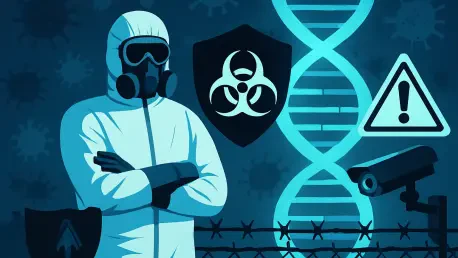
What if the very speed that delivered lifesaving vaccines also cemented a single-technology playbook that looks nimble in peacetime but brittle under pressure when the next pathogen demands different strengths and a steadier supply chain than speed alone can provide? The COVID-19 race crowned mRNA

The pharmaceutical landscape is on the brink of a seismic shift with the introduction of the FDA’s Commissioner’s National Priority Voucher (CNPV) pilot program, a bold initiative designed to cut the review timeline for drug and biological product applications from the standard 10-12 months down to

The intersection of artificial intelligence and synthetic biology has unlocked groundbreaking possibilities, but it also casts a dark shadow over global biosecurity, as highlighted in a pivotal study recently published in Science . This research reveals how AI-powered generative protein design

Lipid reprogramming has emerged as a critical frontier in understanding and treating clear cell renal cell carcinoma (ccRCC), the predominant subtype of kidney cancer that accounts for a significant portion of cases worldwide. This metabolic transformation, where tumor cells drastically alter how

Imagine a world where a single line of code or a novel genetic sequence, crafted by artificial intelligence, could slip past all safety nets and enable the creation of a deadly pathogen, posing a grave threat to global security. This chilling scenario is no longer confined to science fiction but

In a significant stride toward shaping the future of biotechnology in Ghana, the recent inauguration of the fourth Governing Board of the National Biosafety Authority (NBA) in Accra has sparked renewed optimism about the nation’s potential to lead in biosafety governance, marking a critical